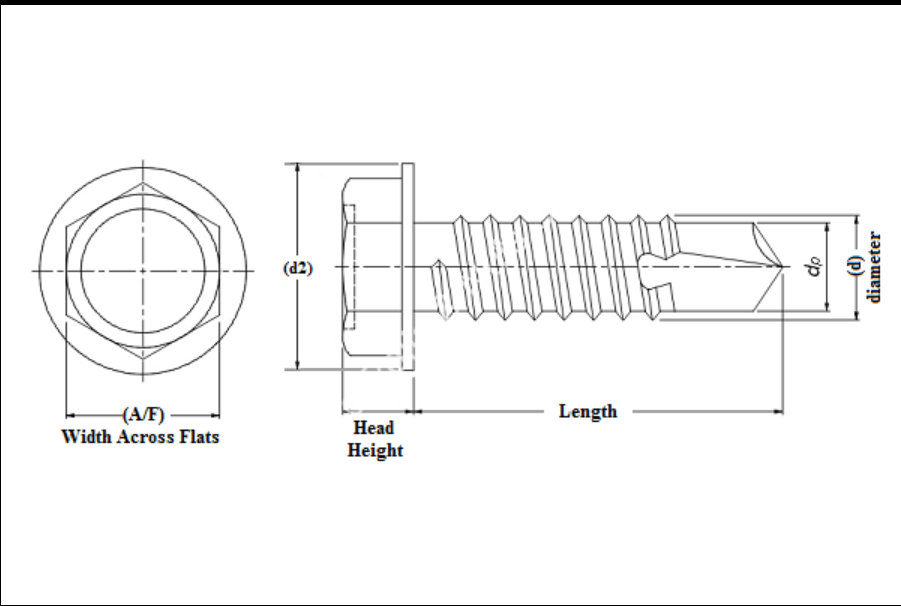flat surface washer product
The Importance of Flat Surface Washers in Construction and Manufacturing
In the world of construction and manufacturing, the little things often make the biggest difference. One such item that plays a crucial role in ensuring stability and integrity in various applications is the flat surface washer. These seemingly simple components are essential in enhancing the performance and longevity of joints and fittings, and they deserve attention for their significant contributions.
A flat surface washer is typically a thin, flat disc with a hole in the center through which a bolt or screw passes. Its primary function is to distribute the load of the fastener over a larger area, reducing the risk of deformation or damage to the material being fastened. This feature is particularly important when dealing with softer materials, such as aluminum, plastics, or wood, where traditional fastening methods might lead to marring or splintering.
The Importance of Flat Surface Washers in Construction and Manufacturing
Flat surface washers come in various sizes, materials, and thicknesses, making them versatile components suitable for a wide range of applications. Common materials include steel, stainless steel, brass, and plastic, each offering specific benefits. For instance, stainless steel washers are resistant to corrosion and are ideal for outdoor or marine environments, while plastic washers are non-conductive and can be used in electrical assemblies.
flat surface washer product

In the manufacturing sector, flat washers are often employed in assembly lines, machinery, and equipment to ensure that components remain securely fastened during operation. Their role cannot be overstated; without proper washers, machinery could experience premature wear or failure, leading to costly downtime and repairs.
Additionally, flat surface washers are vital in various construction applications, from building frameworks to securing roofing materials. They help ensure that connections are stable and safe, which is particularly critical in load-bearing structures where the integrity of the assembly directly impacts the safety of the building.
Another significant aspect of flat surface washers is their contribution to vibration resistance. In many applications, the vibrations generated by machinery or environmental factors can loosen fasteners over time. By using flat washers, the surface contact area increases, which helps keep the fastener in place, reducing the likelihood of loosening due to vibrations.
In conclusion, while flat surface washers might seem like small, insignificant components, their role in construction and manufacturing is vital. They enhance the performance and durability of joints, prevent damage to materials, and contribute to the overall safety and reliability of assemblies. When selecting fasteners for a project, it is essential not to overlook the importance of choosing the right washer. In doing so, you ensure that your assemblies are not only functional but also built to last. By integrating flat surface washers into your designs, you can guarantee greater peace of mind, knowing that you've taken an important step in ensuring structural integrity and longevity.
-
Top Choices for Plasterboard FixingNewsDec.26,2024
-
The Versatility of Specialty WashersNewsDec.26,2024
-
Secure Your ProjectsNewsDec.26,2024
-
Essential Screws for Chipboard Flooring ProjectsNewsDec.26,2024
-
Choosing the Right Drywall ScrewsNewsDec.26,2024
-
Black Phosphate Screws for Superior PerformanceNewsDec.26,2024
-
The Versatile Choice of Nylon Flat Washers for Your NeedsNewsDec.18,2024










